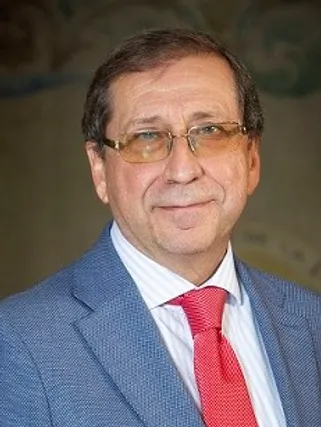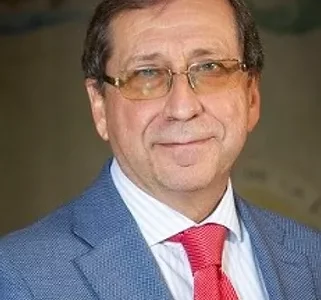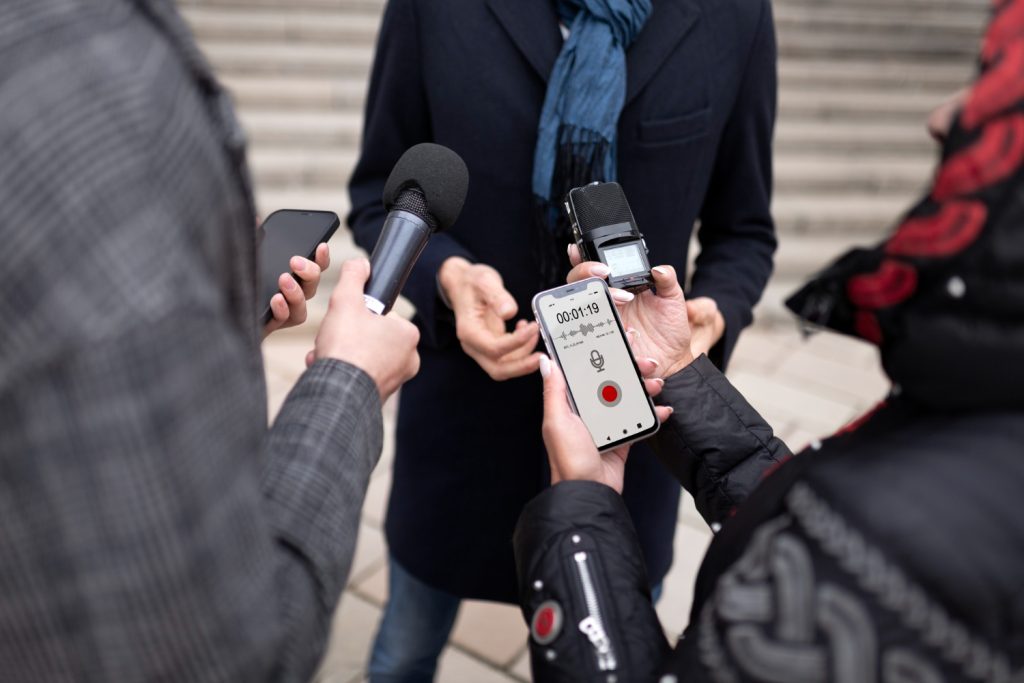LUIS AYLLÓN
CLOUDS OVER FREEDOM OF INFORMATION

(Article originally published in ABC, Spain)
World Press Freedom Day is usually a good time to remember that, without free journalism, there is no democracy and that those who lead a country to an authoritarian regime strive to silence, intimidate, buy or even physically kill journalists. “Journalists are either beaten or paid”, said a Central American president shamelessly.
Fortunately, in Spain the physical integrity of journalists is rarely in danger, but more and more dark clouds are appearing on the horizon and the downpour on free journalism is about to fall.
The latest interventions of the President of the Government and his ministers are not very reassuring. It is worrying that, with the same battering ram, they are lashing out against hoaxes and against information that may be annoying to them, but which, to date, have not been disproved and have ended up in a court of law. It is disturbing -and very disturbing- that those who use the networks to defame and the media with a proven track record of good journalism are put on the same level.
And it is surprising that some journalists signed, with enthusiasm, a manifesto against what they consider an “attack of the media ultra-right”, thus disqualifying the work of some colleagues who do what is expected of a journalist, that is, to monitor the actions of the Government and, if they consider that there is something reportable, to make it known.
We thus lose credibility, with a panorama that, on a daily basis, offers politicians who despise and point fingers at journalists; journalists who insult politicians; one or the other at each other’s throats in social networks; strategy designers who threaten journalists; parties that exclude certain media from their press conferences; communication chiefs who want press associations to become censors; activists disguised as journalists, with the sole purpose of gaining notoriety; talk-show hosts who shoot from the trenches; friction between journalists at press conferences; governors and political leaders who make statements in which questions are not allowed and not even journalists anymore….
It is not an encouraging panorama and it is possible that it has led us to a situation of weakness, in which some are even openly asking for an intervention in the media that are annoying, because they know that, by controlling the judiciary and muzzling the press, we are moving faster towards a Bolivarian-style regime.
I hope that the Government does not give in to the temptation to heed these demands. I would not like to see measures to turn off the tap of funding to critical media or preventive provisions reminiscent of the times of prior censorship.
Journalistic criticism has existed for all the governments and presidents we have had in democracy in Spain. The current one is not the only one whose dirty linen is being taken out. And precisely because of this, because freedom of the press has been respected, our democracy has moved forward.
Tackling disinformation and hoaxes that run through the networks is in everyone’s interest, but this cannot be achieved with laws that limit journalists’ freedom to inform. Perhaps we should even consider whether, given the existence of the courts, new laws in this field are necessary. It should not be forgotten that excessive regulation often only serves to strangle the freedom of the press.
In any case, if the government or the political parties are thinking of establishing some kind of regulation, they must be very clear that it will not go ahead if the most representative associations of journalists are left out of the preparation. And, if the undeclared objective is to curtail the right to freedom of expression, they will face the majority of journalists and, of course, the Madrid Press Association, which has already expressed on numerous occasions its opposition to any attempt to limit freedom of information.
————
LUIS AYLLÓN is the director of The Diplomat in Spain, as well as vice-president and spokesman of the Madrid Press Association (APM).
This article was originally published in the Spanish newspaper ABC. We reproduce it with permission of its author.



